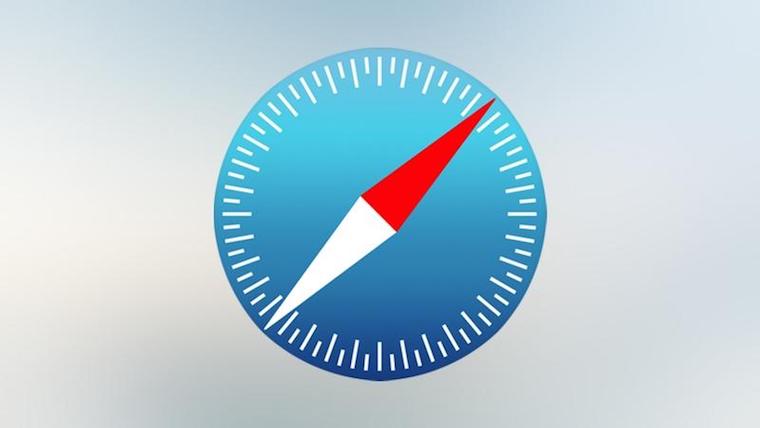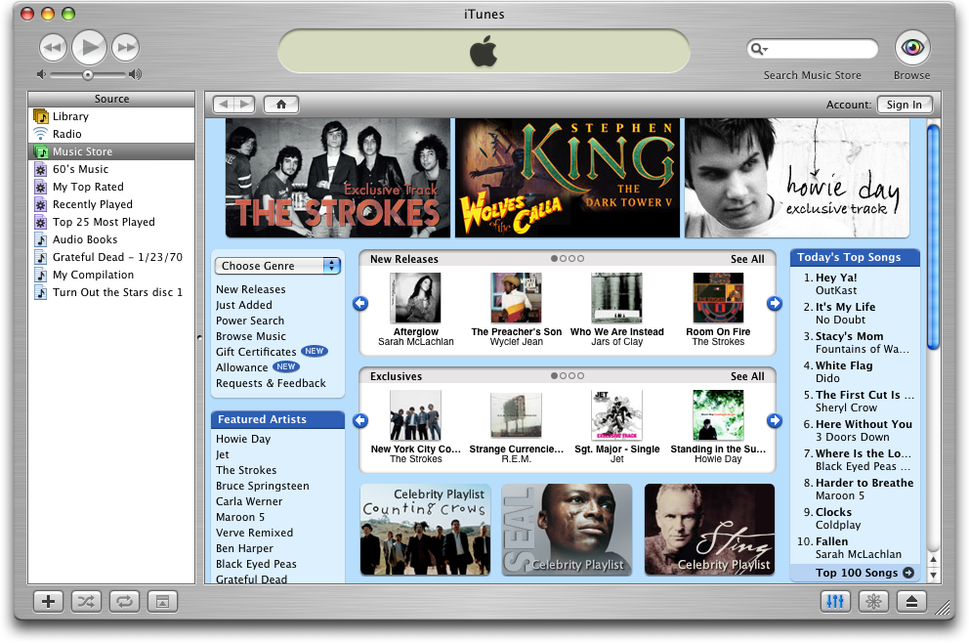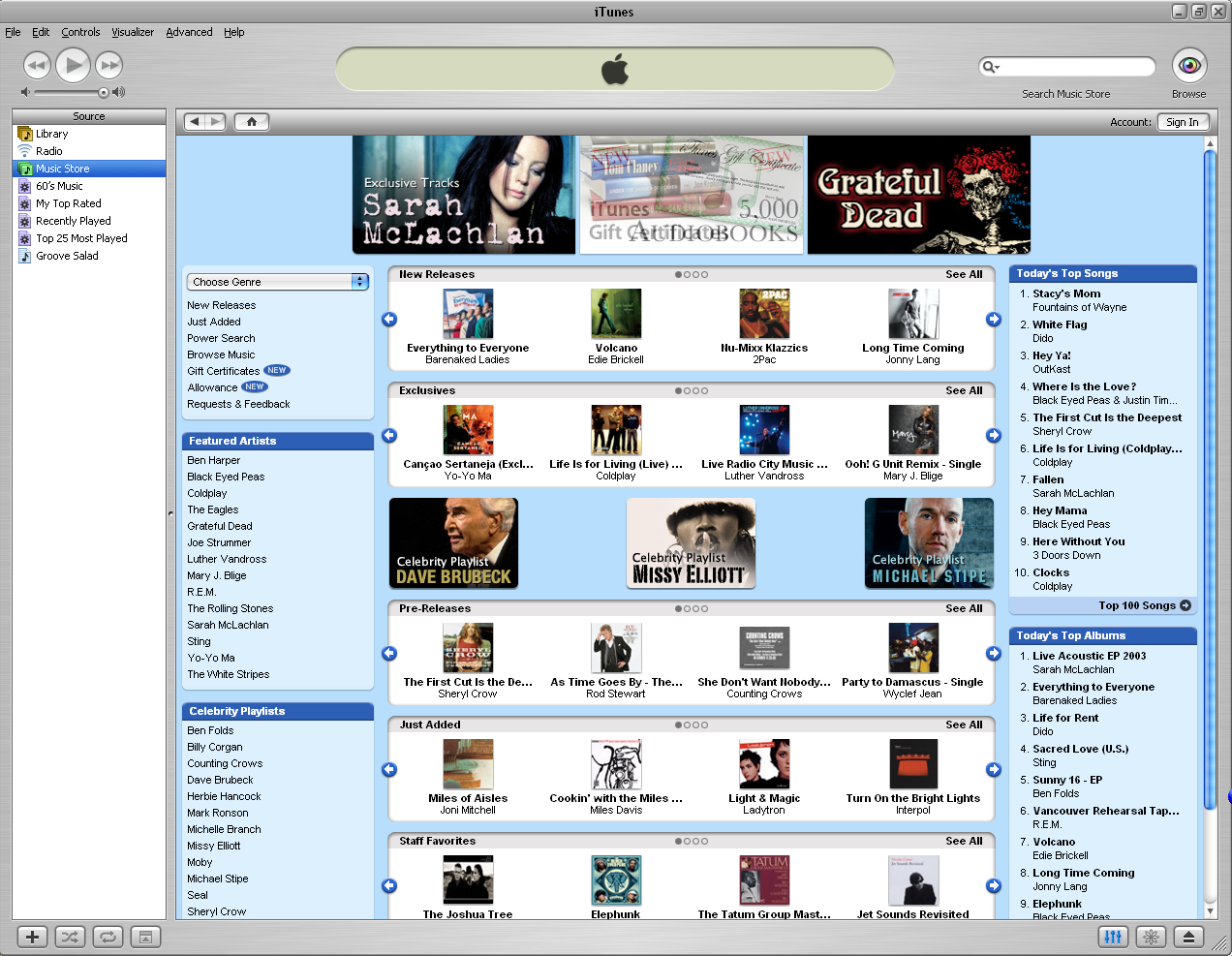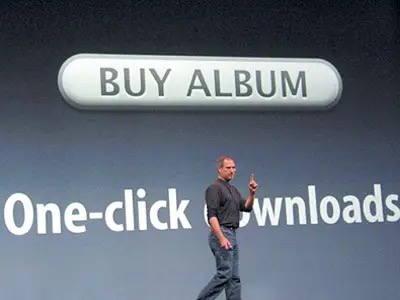The iTunes platform, or rather the iTunes Music Store, was initially intended exclusively for Mac owners. A major turning point came only after a few months in the fall of 2003, when Apple made this service available to owners of computers with the Windows operating system. The positive response was not long in coming, and Apple could suddenly set a new record for digital music sales in the form of 1,5 million downloads in a single week.
It could be interest you

Making iTunes available to Windows users opened up a new, lucrative market for Apple. The record sales are five times the 300 downloads it achieved Napster in its first week, and nearly double the 600 downloads per week that Apple reported even before the launch of iTunes on Windows.
It could be interest you

The iTunes Music Store appeared on Windows a full six months after its launch on the Mac. One of the reasons for the delay? Apple's then-CEO Steve Jobs was reluctant to end iTunes exclusivity. At the time, Jobs told his representatives at the time—Phil Schiller, Jon Rubinstein, Jeff Robbin, and Tony Fadell—that both iTunes and the iPod were helping to boost Mac sales. Other executives countered this argument by pointing out that declining Mac sales could never offset the profit from increased iPod sales. In the end, they convinced Jobs - and they did well. In this context, however, Jobs did not forgive himself for remarking that making a service like iTunes available to Windows users was like "hand a glass of ice water to someone in hell". In 2003, Apple's music service was growing at an astonishing rate. In August 2004 he reached the catalog iTunes Music Store 1 million tracks in the United States, a first for an online music service, and reached over 100 million downloads.
It should be noted that many people did not trust iTunes at first. Physical music carriers were still the most popular, while some users preferred to download digital music illegally through various P2P and other services. Just a few years later, the iTunes Music Store eventually became the second largest music retailer in the United States, with retail giant Wal-Mart occupying the gold position at the time.
 Flying around the world with Apple
Flying around the world with Apple 

